Partner of the Decarbon Days 2025
Strategic Partner: LEAG
The Lusatian energy company LEAG is Germany’s second largest electricity supplier, mainly due to its operation of opencast lignite mines and power plants. However, as part of a unique decarbonization strategy, these fossil capacities are now gradually being replaced by photovoltaic and wind power plants, innovative power plants, large-scale storage facilities and green hydrogen on a giga scale. From 2030, these will be networked together to form the largest interconnected renewable energy center in Germany that can provide green electricity around the clock: the GigawattFactory.
IMPACT PARTNER:
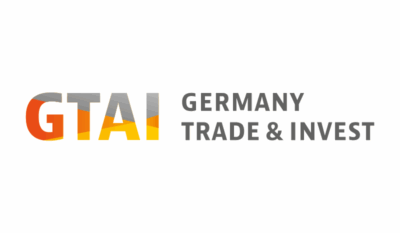
Germany Trade & Invest (GTAI) supports the German economy with extensive information and measures to open up new markets and is an important partner in foreign trade on behalf of the Federal Ministry of Economics. Furthermore, GTAI supports and advises foreign companies on their establishment and market entry in Germany. In doing so, GTAI strengthens the resilience of the economy. Abroad, GTAI not only presents Germany’s locational advantages, but also promotes the internationalisation of regions affected by structural change, making it an important partner for Lusatia in its transformation into a model region for growth and climate protection.
VISION PARTNERS:
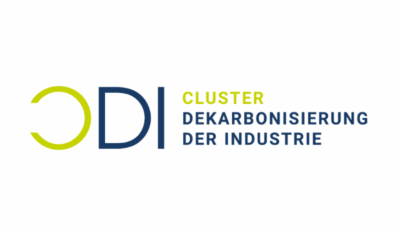
Based in the structural change region of Lusatia, the “Cluster Dekarbonisierung der Industrie” (CDI) supports the transformation process of industry towards climate neutrality as a source of ideas and multiplier. As an interdisciplinary network, it mobilizes expertise and synergies to advance solutions at the interface of science, business, politics and administration. It serves a Germany-wide partner network and was founded on the initiative of four Cottbus institutions, the BTU Cottbus-Senftenberg, the “DLR-Institut für CO2-arme Industrieprozesse”, the “Fraunhofer-Institut für Energieinfrastrukturen und Geothermie” and the “Kompetenzzentrum für Klimaschutz in energieintensiven Industrien”.
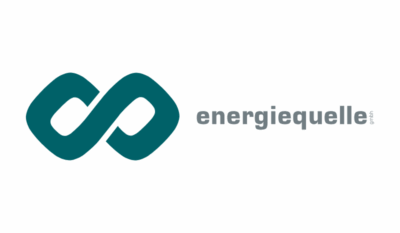
Energiequelle GmbH has been active in the renewable energy market since 1997 with the development, construction and operation of energy storage systems, transformer stations, wind energy and photovoltaic systems. One of the many flagship projects from all over Europe is the ‘Green Lausitzring’ project, in which the eponymous race track and other large-scale energy consumers in the surrounding area are supplied with electricity and heat completely self-sufficiently using renewable energies. Part of the endeavour includes the company’s first Enercon E-126 wind turbine, which at 7.5 megawatts is the most powerful wind turbine in the world to date.
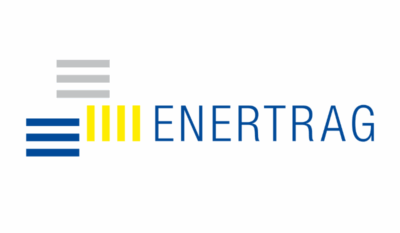
Founded in the Uckermark region of Germany, ENERTRAG is now represented in ten countries and on four continents, where it installs renewable energies as an independent energy company. To shape the next phase of the energy transition, the company is implementing projects in a gigawatt range. Its vision is to achieve a demand-oriented, plannable, affordable and sustainable energy supply with innovative power plants consisting of regionally uniformly controlled networks of wind turbines, solar fields, hydrogen generation and energy storage systems. The company now has over 1,000 employees working towards this goal.
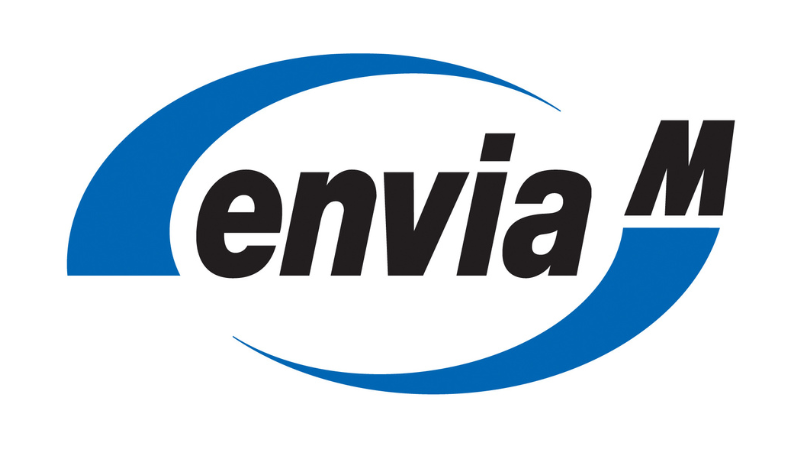
The enviaM Group is one of the leading regional infrastructure and energy service providers in eastern Germany, supplying around 1.1 million customers with electricity, gas, heat and energy services. The group of companies with around 4,300 employees includes envia Mitteldeutsche Energie AG (enviaM), Chemnitz, as well as other companies in which enviaM holds a majority stake. The majority shareholders of enviaM are E.ON SE and around 650 East German municipalities.
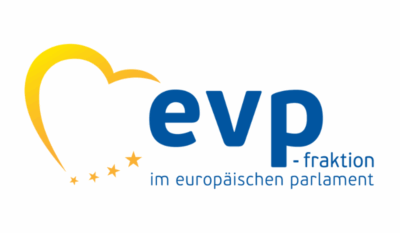
As a member of the European People’s Party (Christian Democrats) – the largest party in the European Parliament with 40 parties from 26 EU member states – Brandenburg MEP Dr Christian Ehler is hosting the Decarbon Days EU Summit. Just like the EPP itself, he is in favour of rethinking the European energy supply. In order to be able to guarantee affordability, sustainability and security in the future, a transnational initiative with investments in renewable energy, energy efficiency and energy infrastructure is needed.
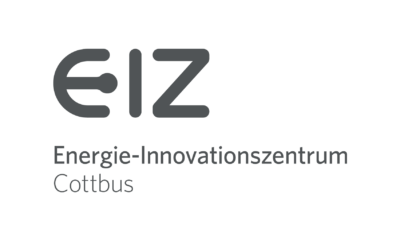
At the “Energie-Innovationszentrum” (EIZ) at BTU Cottbus-Senftenberg, more than 70 scientists in six networked laboratories work together with over 40 partner institutions from industry and science to research solutions and technologies for a climate-neutral energy supply in Lusatia and worldwide. The focus is on interdisciplinary research with international visibility, proximity to industry, support for spin-offs from science as well as training and further education opportunities for companies and scientists.
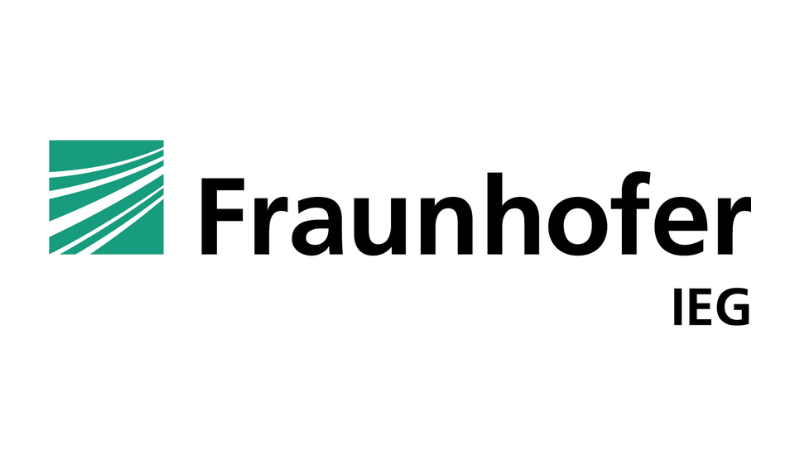
The Fraunhofer IEG is shaping the climate-neutral energy systems of the future and, together with its partners, is developing ideas from the sketch to implementation for sustainable process heat supply, reliable heating networks and affordable energy supply for neighborhoods. It turns geothermal energy into a resource for the future. The know-how of its teams combines expertise from the fields of sector-coupled electricity, gas and heating networks, drilling technologies, geothermal plant construction, large heat pumps, process engineering, energy management, geosciences, post-mining utilization, storage systems and hydrogen infrastructures.
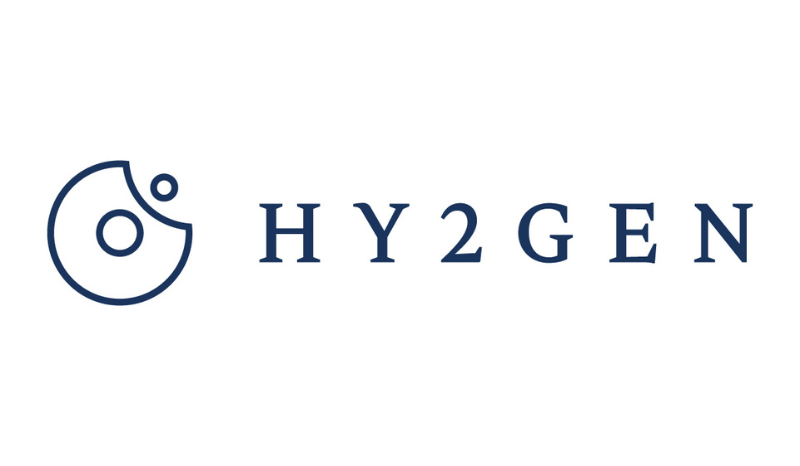
HY2GEN develops, finances, builds and operates plants for the production of RFNBOs (Renewable Fuels of Non-Biological Origin) and other PtX fuels for customers worldwide. The company produces the entire product range – from renewable hydrogen, renewable ammonia and methanol to other PtX fuels such as SAF. In addition to an existing production site in Germany, further plants are being built in France, Norway, Canada and Germany. The aim is to become an independent market leader in the supply of modern PtX fuels and energy sources for industry, transportation and power generation.
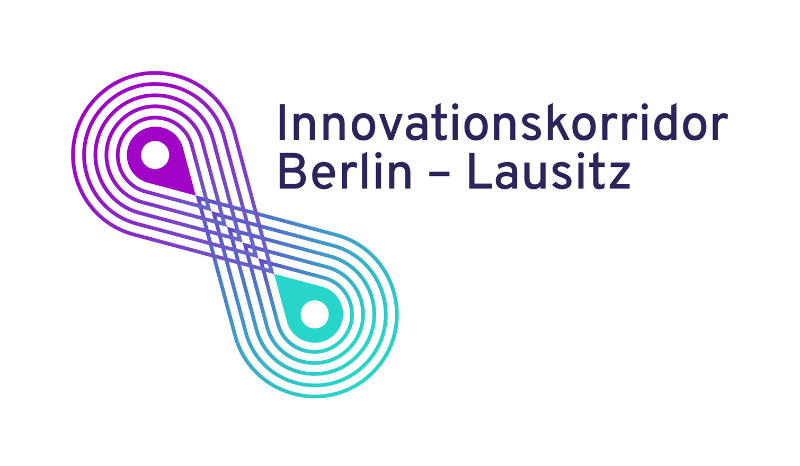
The initiative is working to connect Berlin and Brandenburg into a joint and sustainable economic region. As an axis of innovation, the “Berlin-Lusatia Innovation Corridor” is intended to connect science and industry from the capital to Lusatia and back and become a mainstay of structural development. Important connecting points of the corridor are the two technology locations Technology Park Berlin-Adlershof as the largest and most modern science campus in Germany and the Lusatia Science Park as an excellent location for science and technology in the making.
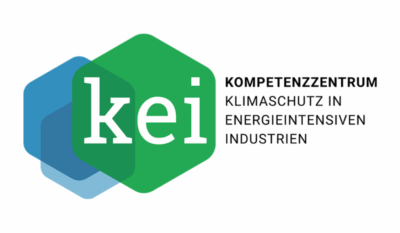
The „Kompetenzzentrum Klimaschutz in energieintensiven Industrien“ (KEI) promotes, advises and networks energy-intensive industries in Germany in particular on the subject of greenhouse gas reduction. The focus is particularly on the basic materials production sectors: steel, chemicals, cement, lime, non-ferrous metals, glass, ceramics, paper and pulp, foundries and other industrial sectors. High greenhouse gas emissions pose particular challenges for these industries if they are to achieve the statutory goal of climate neutrality by 2045. As a project management agency, think tank and networker, the KEI acts at the interface between science, business and politics and, on behalf of the Federal Ministry for Economic Affairs and Energy, manages Module 1 “Projects for the decarbonization of industry” of the Federal Funding for Industry and Climate Protection (BIK) and thus supports German industry, especially in medium-sized industrial companies, on the path to climate neutrality.

Over the next few years, the Lausitz Science Park will be one of the most important projects in Lusatia’s structural change, covering an area of 420 hectares in the immediate vicinity of the central campus of BTU Cottbus-Senftenberg. The business and science park with international appeal will combine basic and applied research with innovative spin-offs and numerous company settlements – and, as one of four profile lines, will also focus primarily on the energy transition and decarbonization. The aim is to create a new district in Cottbus/Chóśebuz that not only offers excellent location conditions and high-quality space for work activities, but also space for housing, leisure facilities and green and recreational areas.
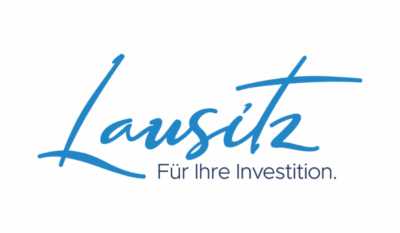
With the Lusatia Investor Center, the Economic Development Agencies in Brandenburg and Saxony are jointly supporting the economic, ecological and sustainable transformation of the industrial region of Lusatia. It acts as a guide for the region and offers access to attractive locations and funding, tailored advice, assistance in managing authorities and valuable contacts. It also places a particular focus on the key sectors of green technologies – such as environmentally friendly energy generation and storage, sustainable mobility and the circular economy.
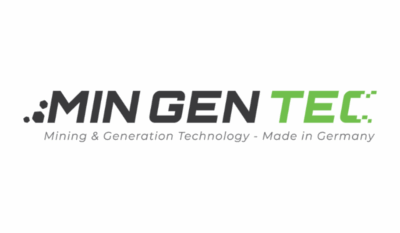
The Mining & Generation Technology – Made in Germany initiative was launched in 2017 by the “Industrie- und Handelskammer Cottbus”, the “Wirtschaftsförderung Brandenburg” and companies operating along the mining value chain. In the context of the energy transition and the associated structural change in Lusatia, it supports innovations in the energy industry in particular by helping companies to develop new business areas and markets. The aim is to secure and further develop Lusatia’s expertise in mining and the energy industry, which has grown over decades.
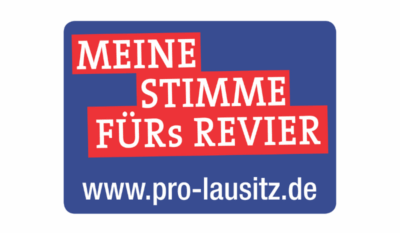
Pro Lausitz e.V. was founded in 2011 as a regionally connected movement that campaigns for the interests of many people in Lusatia. Its members are active across all generations and social classes, often with close links to the topics of energy and industry. With the association as a voice, stakeholders are brought together for dialogue in the debate on the transformation of the region. Especially with the coal phase-out by 2038, Pro Lausitz has the important function of taking civil society working in the Lusatian energy and industry sector along on the transition to a climate-friendly energy and industrial region.
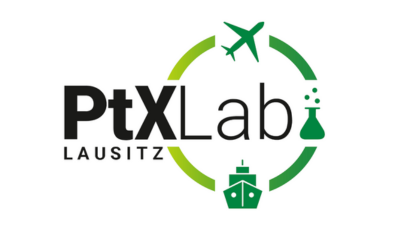
The PtX Lab Lausitz – a practical laboratory for fuels and raw materials from green hydrogen – is developing the technical basis for the market ramp-up of environmentally friendly and sustainable production and utilization of power-to-X (PtX) products based on green hydrogen. The competence center based in Cottbus is a knowledge platform, source of inspiration and point of contact for industry and politics, science and the public. To this end, the employees work on an interdisciplinary basis and come from a wide range of fields, from economics, natural sciences and engineering to (international) law and social sciences.

Lausitz Energie Kraftwerke AG (LEAG), the Vereinigung für Betriebliche Bildungsforschung e.V. (IBBF) and the Bundesverband Erneuerbare Energie (BEE) are founding the “Qualifizierungsverbund in der Lausitz für Erneuerbare Energien” (QLEE). The aim of the qualification network is to accompany the structural change in Lusatia and to open up new economic opportunities for companies in the region by providing needs-based and target group-oriented training and further education for employees in the field of new technologies such as electricity and heat generation, the transmission, storage and consumption of energy and mobility.
SUPPORTED BY:
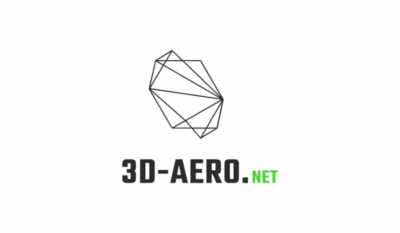
At the Competence Center for Autonomous and Electric Flight in Kamenz, the focus is on applications for drones. Together with 15 other partners, they are implementing the connection of road and air transportation by building vertiports, for example. However, they are also active in related fields of application. For example, 3D-Aero builds and operates 5G networks for data collection and transmission, develops concepts for optimizing the supply of electricity and heat to companies and markets a storage solution for generating and storing renewable energy called “energy container”.
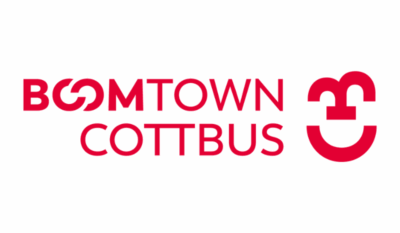
Cottbus is the driving force behind the transformation of Lusatia from a fossil fueled mining region to Europe’s model region for climate protection and green growth. Over the next few years, more than 5 billion euros will be invested here and more than 7,000 new jobs will be created – with projects such as Europe’s most modern railway plant, the “Lausitz Science Park” or the “Medizinische Universität Lausitz” and digital healthcare – primarily in future-oriented fields. A place of opportunity for innovative minds – for whom Cottbus is building climate-neutral urban districts, from the City of the Future with its research campus to the lakeside suburb with its harbour district.
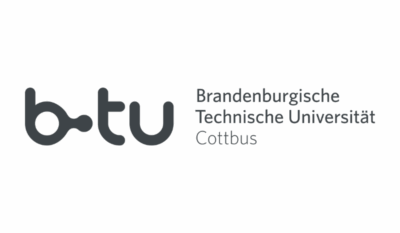
The Brandenburg University of Technology Cottbus-Senftenberg stands for the development of practical solutions for shaping the major issues of the future and transformation processes worldwide with scientific expertise. In addition to artificial intelligence, structural strengthening and transformation, the topics of energy transition and decarbonization in particular are a central component of the research profile consisting of basic and application-oriented research. BTU researches technical solutions for climate change and integrates key research topics in the areas of energy generation, storage and utilization.
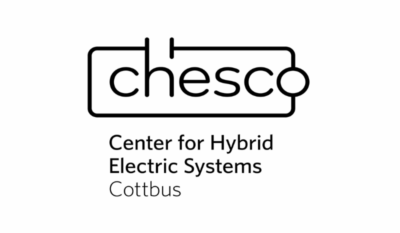
The Center for Hybrid Electric Systems Cottbus is conducting research into cross-sector applications for climate-friendly alternatives in the transport sector. The research starts with the development of clean technologies for aviation and then expands its focus to other forms of mobility, such as in the automotive, railroad and shipping sectors. And thanks to the partnership with the BTU Cottbus-Senftenberg and its location in the future Lausitz Science Park, it has the ideal framework conditions plus state-of-the-art equipment including a design, production and test center for joint work on innovative solutions.
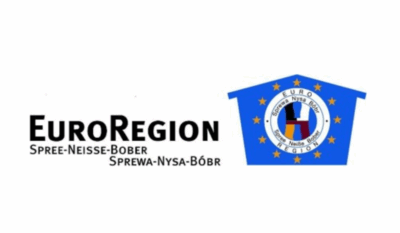
The aim of the Euroregion Spree-Neiße-Bober is to ensure cross-border cooperation in the area of the district of Spree-Neiße, the city Cottbus and the southern part of the Lubuskie Voivodeship and, in particular, to strengthen economic cooperation. To this end, the organisation actively arranges and supports German-Polish partnerships and the improvement of administrative cooperation and is in turn a member of other bodies that deal with various EU matters, such as the German-Polish Intergovernmental Commission with specialist committees for cross-border cooperation and interregional cooperation.
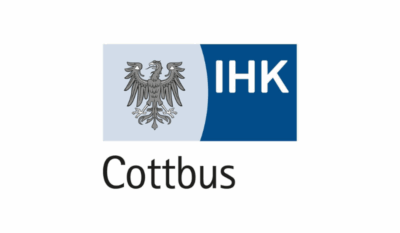
The “Industrie- und Handelskammer Cottbus” represents the interests of around 35,000 companies from Lusatia in Brandenburg. Among other things, it is part of the WRL workshop process, which qualifies projects submitted for the 3.6 billion euros in structural funds under the responsibility of the state of Brandenburg and brings them to fruition. The “Industrie- und Handelskammer Cottbus” is represented in the workshops ‘Companies, economic development and securing skilled labour’, ‘Innovation and digitalisation’ and ‘Infrastructure and mobility’ – in other words, the areas that will play a key role in transforming Lusatia into a model region for climate protection and growth.
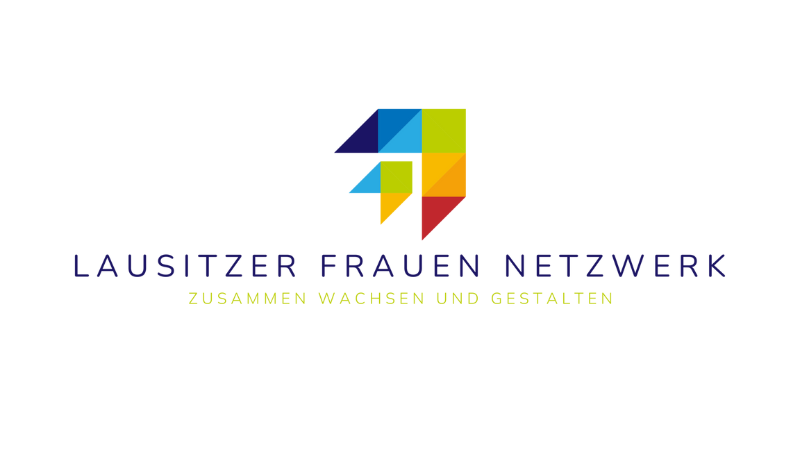
The aim of the network is to strengthen women in their professional development and to promote equal opportunities in the world of work, whereby the occupational equality of women is promoted and their professional development is supported. The network covers the whole of Lusatia and connects women from Brandenburg and Saxony. Particular attention is paid to the economic transformation of Lusatia – from a fossil-based to forward-looking, sustainable economic structures – which offers women unique opportunities and the breaking down of traditional role models.

pyropower GmbH develops innovative GreenTech energy systems for decarbonization. With their pyrolysis cogeneration plant “Pyro-ClinX”, they convert biomass into biochar, electricity & heat, enabling them to offer an efficient supply of energy from unused residual material sources exactly where it is needed. In this context, they are also developing decentralized energy systems and combined heat and power systems, with their air-bearing micro gas turbine at the heart of this. It generates biochar, heat and electricity in a single process together with Pyro-ClinX, whereby the plant supplies itself with energy and has a negative CO2 balance.
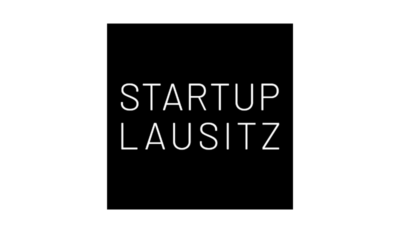
Startup Lausitz sees itself as an all-encompassing network and service for start-ups and Co. that brings all players in the Lusatian start-up scene together and supports them. Above all, the large network of stakeholders qualifies the initiative to guide through the region’s start-up ecosystem – the start-up center Zukunft Lausitz, the Cottbus Chamber of Industry and Commerce, the Lausitz Business Initiative, the DOCK3 and the Startup Revier EAST have been among the initiators of the project from the very beginning. The aim is to contribute to the economic development of Lusatia by supporting business start-ups and company succession.

Telekom MMS is a leading digital experience service provider and develops sustainable business models for digital experiences. With strong end-to-end competences, the Telekom subsidiary makes digital experiences tangible and contributes to the sustainable shaping of digital change. Together with a strong Group and technology partner network, Telekom MMS offers holistic consulting and solutions for the modern working world, such as artificial intelligence with, for example, business GPT, data intelligence and automation, which are used, for example, in the energy & utilities or manufacturing industries. Telekom MMS will be participating in the Decarbon Days with AI-supported simultaneous translation.
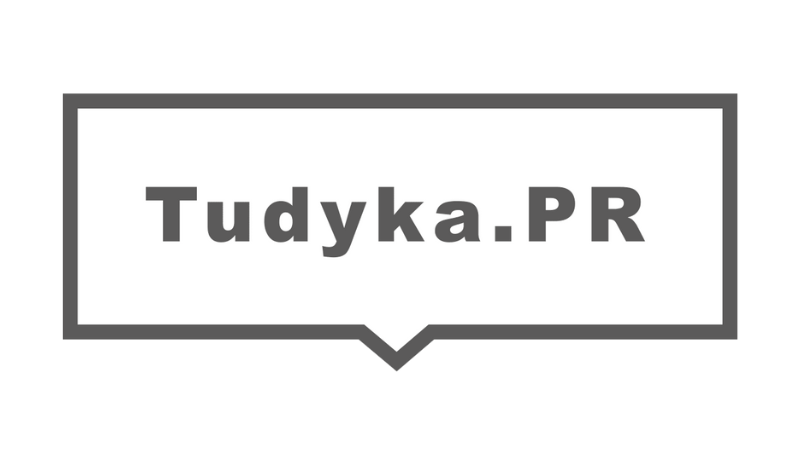
“Simply COMMUNICATE – SIMPLY communicate”. Under this motto, Tudyka.PR supports companies, institutions and projects with targeted public relations work. Whether strategic concepts, employer branding, editing, storytelling, press service, live communication or active networking – Tudyka.PR uses the full range of PR tools to achieve authentic, sustainable public impact – both internally and externally.
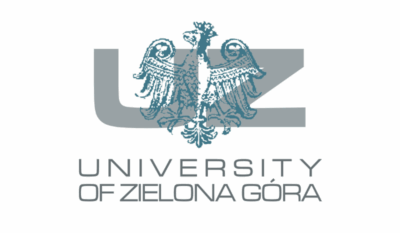
The University of Zielona Góra is the largest public academic institution in the Polish voivodeship of Lubuskie, whose history goes back to the founding of the former Technical University of Zielona Góra in 1965. Today, around 10,000 students study there in seven faculties, which no longer only include engineering and technical sciences, but for example also medicine and health sciences. There is an increased focus on technology transfer, amongst other things as part of the EU project ‘Cooperation between the University of Zielona Góra and BTU Cottbus-Senftenberg in the field of green energy’, which aims to provide impetus for decarbonisation in cross-border Lusatia.
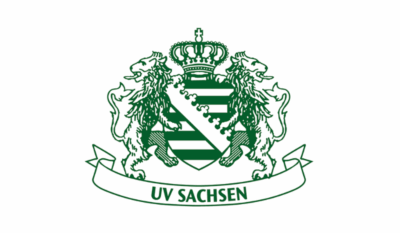
The Unternehmerverband Sachsen has represented the interests of small and medium-sized companies in its federal state since 1990 and is centrally involved in improving the economic policy framework conditions for these companies in the regional, national and international market. They help shape developments in the field of clean energy and industry, in particular by organizing the “Ostdeutsches Energieforum”. The aim of this is, on the one hand, to clarify the opportunities of eastern Germany as a green business location and driver of the energy transition and, on the other hand, to steer the transformation in a positive direction.
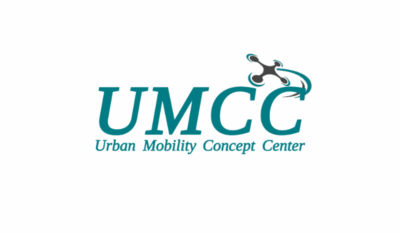
The UMCC offers drone service solutions for various industries and diverse applications. Thanks to state-of-the-art technologies – including autonomous flight – they can not only transport medicines or spare parts quickly and reliably, but can also be used for many other applications, for example in agriculture and forestry, the construction industry or the skilled trades. They also offer innovative services for events and marketing that open up new possibilities, such as impressive aerial photography or the creative staging of events and campaigns.
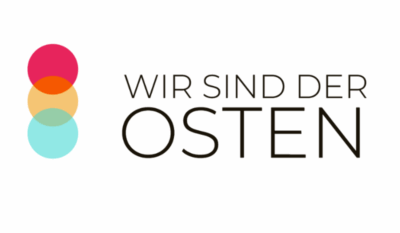
Even 30 years after reunification, East Germans are still underrepresented in management positions and the new federal states themselves are often portrayed in a bad light by the media & co. The initiative “Wir sind der Osten” has set itself the task of drawing a more differentiated picture. Using various individual biographies, they outline how reunification has shaped people in the East and how they are actively create their future. In 2020, “Wir sind der Osten” received the “Einheitspreis” from the Federal Agency for Civic Education for its commitment.
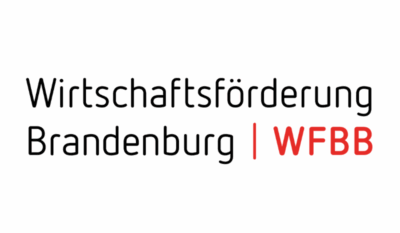
The Economic Development Agency Brandenburg (WFBB) is the point of contact in the state of Brandenburg for investors, established companies and start-ups, particularly in the field of technology. It offers all services for business and employment promotion centrally in one place: from support with relocation and expansion, innovation, internationalisation and networking to the acquisition and qualification of skilled workers. In this way, the WFBB supports the further development of the industry-related economic clusters of Brandenburg and the German capital region. As an energy-saving agency, it is also involved in the implementation of the state’s energy strategy.
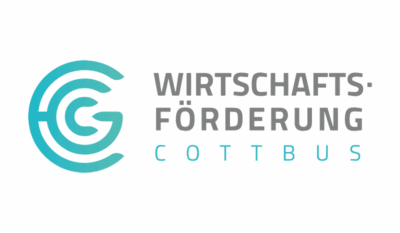
”As the city’s economic development agency, the “Wirtschaftsförderung Cottbus” (EGC) is responsible for the development, strengthening and marketing of Cottbus as a business and science location. It advises and supports companies in setting up businesses, develops and markets commercial sites and provides the most important data on the business location. It also prepares concrete proposals for those interested in investing and provides contacts for financing and funding opportunities. It acts as a link between business, investors, start-ups, authorities and associations.
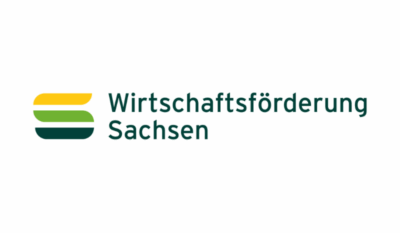
As a company of the Free State of Saxony, the aim of Wirtschaftsförderung Sachsen GmbH is to promote the Saxon economy and its stakeholders. In doing so, they act as door openers, bridge builders and networkers beyond the federal state into the whole world and offer support with project workshops, joint stands at international trade fairs, business trips or settlements. Their expertise extends across four specialist departments: Industries, Innovation & Marketing, Foreign Trade & Trade Fairs, Finance, Human Resources & Administration and Investor Services.
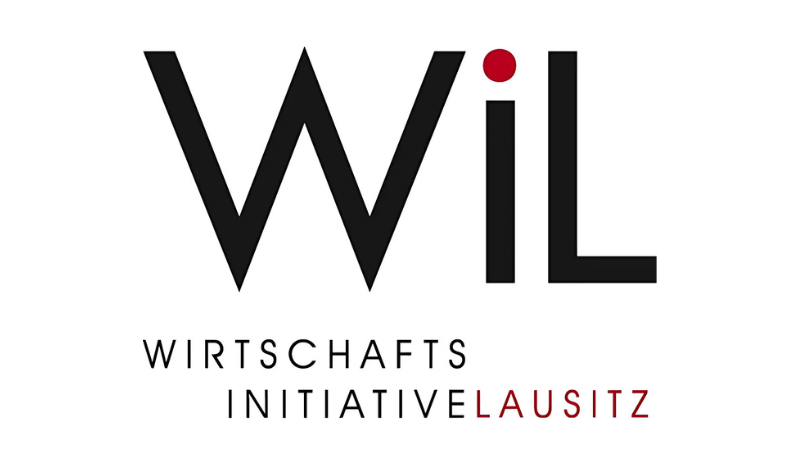
The Wirtschaftsinitiative Lausitz e.V. (WiL) is a regional action and networking platform in Lusatia. Founded in 2009 by Lusatian companies, WiL brings together companies, institutions, chambers and local authorities from Eisenhüttenstadt to Zittau from across federal states and sectors. Its main objective is to sustainably strengthen Lusatia as a business location. The content of the WiL’s work is based on three thematic focal points, which are implemented in specific projects and events: Bundling economic power, qualifying young talent and networking research & business.

The “zentrum Nachhaltige Transformation” develops solutions for business models that need a reset and thus supports the shift to new and sustainable business areas. They utilize the existing knowledge of their professors and partners to identify and implement necessary changes – combining interventionist consulting and brainstorming in a think tank with decades of experience in reputation and stakeholder management. In this way, the center covers a wide range of measures, from securing funding and infrastructure to communication and reaching decision-makers and opinion leaders.
